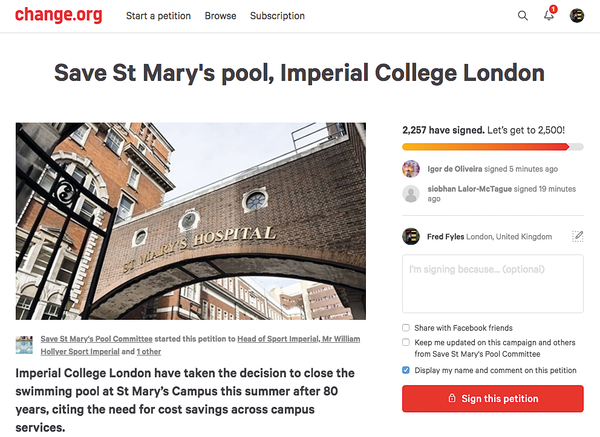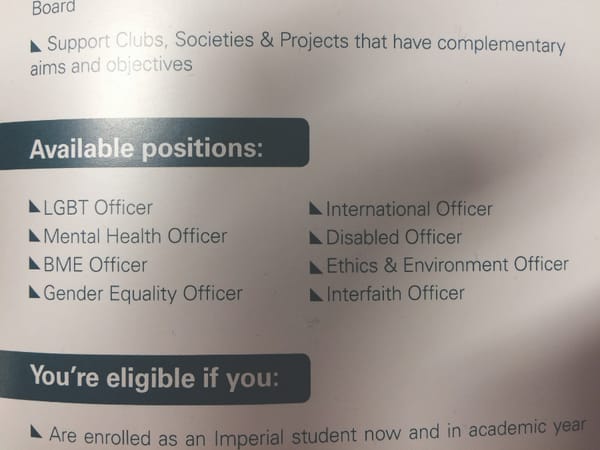Strikes hit Imperial over pensions dispute
Academic and support staff belonging to UCU have begun a 14-day walk out after potential changes to pension scheme.

This week saw lectures and tutorials cancelled, as university staff across the UK began their walkout over pension pay.
Members of the University and College Union (UCU) across 64 higher education institutions went on strike of Thursday and Friday of this week. It marks the first two days of escalating strike action, which could extend to 14 days in total, and is estimated to affect over a million students across the country.
Imperial staff and students assembled at 7.30am on picket lines at key entrances to the College, including outside the Royal School of Mines, the Imperial College Road entrance, and the Huxley Building. Many of the staff taking part in the picket carried signs saying “Hands off our pensions”, and handed out leaflets to staff and students entering the College. The Imperial branch of UCU estimate that picket lines were joined by at least 50 of their membership, which has increased to more than 600 members since the dispute over pensions began.
At 10am, striking staff assembled with student supporters at the entrance to the Imperial College Business School for a photograph, and then moved down to the entrance to Imperial College Road, where a number of speeches were made.
“Imperial UCU estimated picket lines were joined by at least 50 of their membership”
Roddy Slorach, a representative of UCU, told the assembled crowd the strike was “not just to defend our pensions, but to defend an education service that is worth having for all of us.” He said they were “fighting for the future of education, for future generation that wants a system that works for everybody.”
Students then moved to Dalby Court and 170 Queen’s Gate – where Imperial President Alice Gast is provided an apartment – and wrote messages of support for staff in chalk, while watched by staff in the Faculty Building.
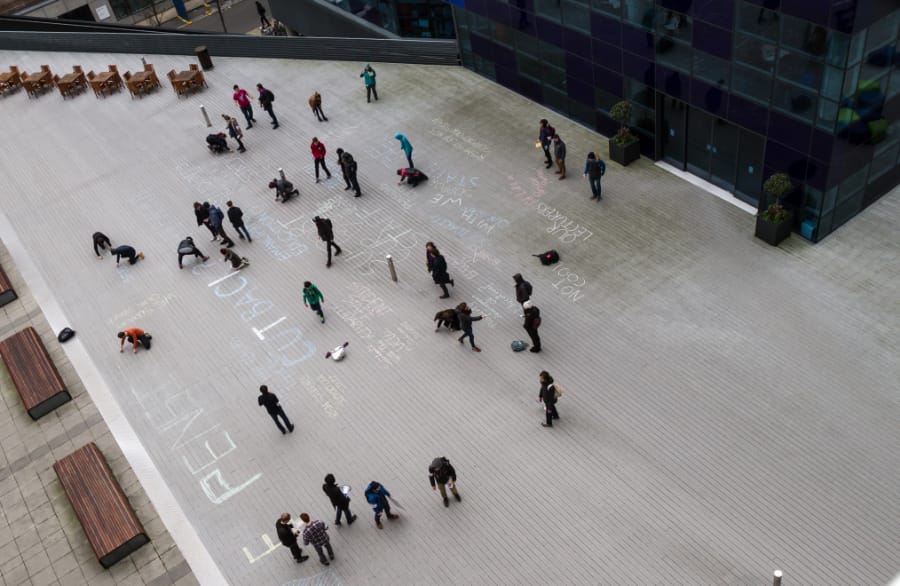
A number of students across different departments turned out to support the strike. A Facebook event, “Stand with our Staff”, which invited students to join the picket line, had nearly 250 people interested and attending.
Thomas Cross, a first-year aeronautical engineering student, and editor of City and Guilds College Union (CGCU) publication The Bolt, was present at the picket line. He told Felix: “I’m here to represent the CGCU, because as a constituent union we’ve decided to follow our fellow members, and ICU as a whole, in support of these strikes.”
Cross also highlighted the impact these changes could have on those who want to pursue a career in academia: “It was one of the main personal reasons for getting involved in the strike. I’ve been considering a career in academia, but this is seriously going to disadvantage people at a lower level. Those striking are already in the system, and they’ve acquired a certain amount of pension pay, but for us there won’t be anything guaranteed if the changes go through.”
The concerns were echoed by Abhijay Sood, who helped organise the student demonstration. He told Felix: “I’m here to show support for staff, not only because I’m worried about their pensions, but selfishly too: as a student this is bad for education in general, and especially bad for those of us who see ourselves having future careers in academia.”
Last week Union Council voted to support the strikes, passing a paper that called on “elected representatives of ICU to support the UCU position”. A number of student Union representatives were present on the picket line on Thursday morning, but none of the paid Officer Trustees (OTs) – Union President and the four Deputy Presidents – were in attendance. Rhidian Thomas, ICU’s Ethics and Environmental Officer, said it was “disappointing” they did not come: “I’m very grateful at the support the Union has given us so far, but I’ve emailed them about this a lot of times, they knew it was coming, and I’m more than a little annoyed they’ve not turned up.”

In a statement for Felix, a Union representative said: “Union Council voted to support the paper, and the Officer Trustees have been achieving the objectives that Council democratically set for them. This did not include a mandate to join the picket line. The Council discussion was clear that Imperial College Union would also work to ensure disruption to students is kept to a minimum. Our student leaders have been working hard to achieve Council’s objectives alongside continuing to represent and deliver for students at all levels.”
The strikes are the culmination of a long-running dispute between UCU and Universities UK (UUK), the group representing UK universities, over changes to pension schemes. Currently most higher education institutions are part of the University Superannuation Scheme (USS), a defined benefit scheme in which employers pay in up to a certain amount.
UUK want to switch to a defined contribution scheme, which would see employees paying into the pension pot, citing a funding deficit of £7.5 billion – a figure UCU disputes. An analysis by Professor Michael Otsuka of the London School of Economics (LSE) suggests employees may lose up to 60% of their pension under the new scheme.
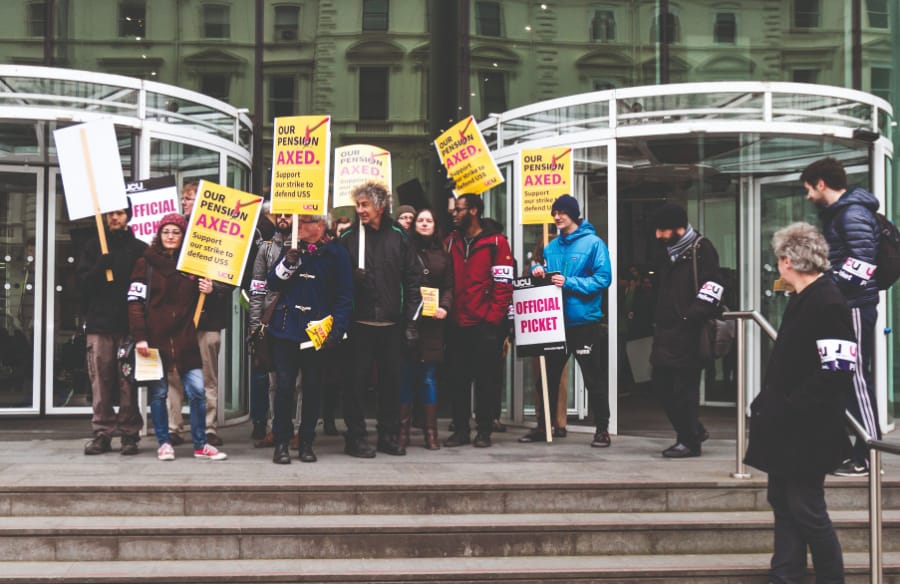
UCU members voted largely in favour of the industrial action, with 88% of those balloted supporting a strike. At Imperial 58.5% of UCU members voted, in line with the national average. Representatives from the UCU told Felix they had been told by management the College could afford to continue the pension scheme – which would cost up to 10% of their excess income – but had chosen not to.
Sood, who hoped the strikes would encourage students to “write to the Provost, and ask him to come back to the negotiating table”, highlighted the impact Imperial could have by supporting their staff: “I’m hoping that by Wednesday UUK with cede, and give their current proposal a stay. But some universities will have more sway than others, and Imperial is one of them. We’re only going to get the strike stopped if Imperial College take a position within UUK to make a compromise.”
Already a number of university heads have asked UUK to come back to the negotiating table, including Warwick, Essex, Loughborough, Lancaster, and Goldsmiths. Imperial College London have said the pensions dispute is “a national dispute over which [we] have no direct control.”
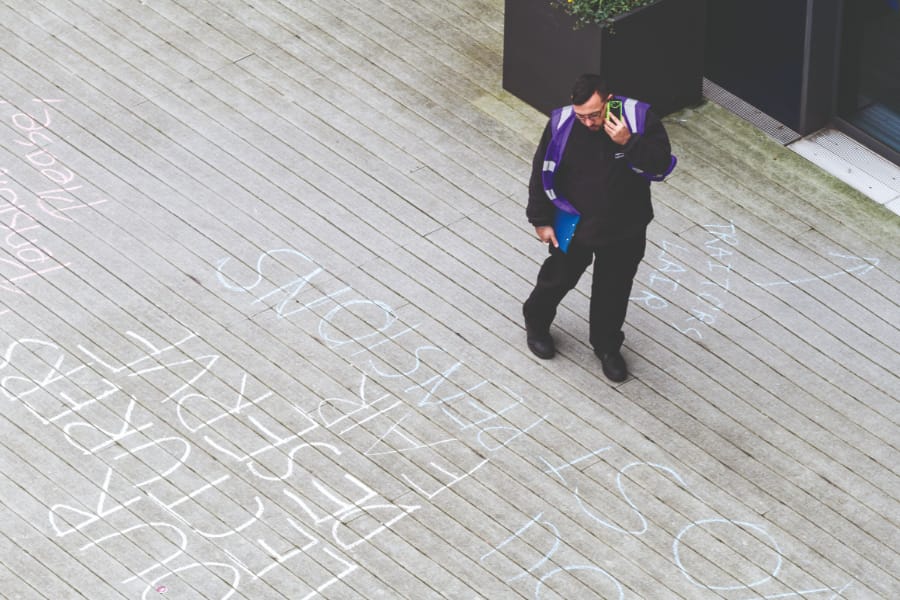
Last week College management were accused of misleading staff in an email from a senior member of academic staff. The email, addressed to Muir Sanderson, the College’s Chief Financial Officer, and James Stirling, the College Provost, implies Stirling misled staff when he sent them an email last October saying “our preference would be to maintain a defined benefit structure for USS.” The email claims that three weeks earlier the College had informed UUK they would prefer “moving to a defined contribution only solution.”
The email, which has been circulated among a number of staff, says this finding “casts a cloud over your statements of future intent in supporting a better pension for staff.” It goes on to say their position has “shifted to one of incoherence – financially, historically, and morally”, and asks them to be “honest to staff” about potential outcomes.
A YouGov poll, organised on the eve of the strikes, showed only 2% of students thought university staff were to blame for the dispute, and over 60% supported the strikes. This support was higher in universities where strike action was occurring, despite potential reductions in teaching time. The impact the strikes have had on students at Imperial is unclear, since staff are not obliged to inform the College they plan to strike. A large number of students have received emails from their departments informing them to presume lectures are still on, although many have had lectures or tutorials cancelled.
In a statement, a College representative told Felix: “We appreciate students may have concerns about potential disruption but the College will be open as usual and departments are working hard to ensure that teaching and assessment activities continue as normal. Any changes to schedules will be communicated by Departments. Advice for students is available online.”
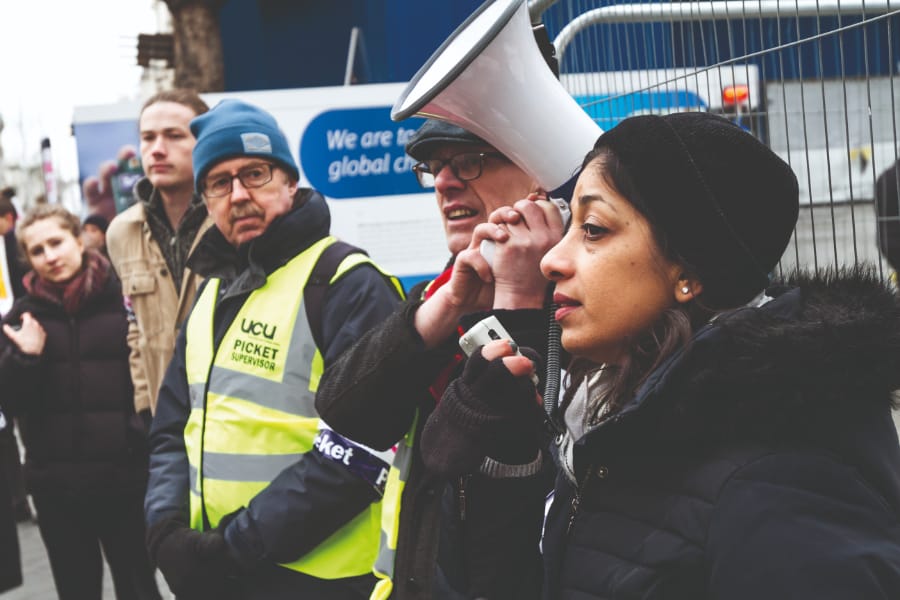
Students ask for refund
This week also saw the circulation of a petition from students asking for a portion of their tuition fees back. The petition, which started by students in the Electrical and Electronic Engineering (EEE) Department, was circulated amongst students by Imperial College Union (ICU) academic representatives and members of College staff. At the time of writing, the petition has reached nearly 2000 signatures, despite only being up for the past six hours.
The move comes as large numbers of students lobby their universities asking for partial refund of their fees. Earlier this week it was reported that 70,000 students had signed a number of petitions requesting money back at more than 30 universities, with the number of signatures rising at the rate of 10,000 per day.
Many of those asking for refunds cite frustration at the teaching they will miss, with UCU estimating that nearly 600,000 teaching hours will not be rescheduled. The frustration students feel about missing out on teaching is compounded by two other factors: the high fees many students pay, particularly international students; and the fact staff on strike have their pay withheld. The Times has estimated that Imperial could save up to £500,000 in staff costs over the duration of the strike.
Oxbridge overrepresented in UUK analysis
The decision by UUK to move to a defined contribution scheme has recently come under increased scrutiny, as they have been accused of disproportionately taking into account the views of wealthy Oxbridge colleges.
Michael Otsuka, a professor at the London School of Economics (LSE) has estimated around 16 Oxbridge colleges were included in a key survey organised by UUK, which formed the basis of switching pension schemes. In the survey, which asked universities whether they would prefer moving to a defined contribution scheme that would offer less risk to university finances, Oxbridge colleges were more likely to support a scheme with lower risk.
In total, 42% of the 116 responses received in the survey were in favour of a less risky scheme. However, those 116 institutions included 16 Oxbridge colleges, as well as Oxford and Cambridge themselves.



